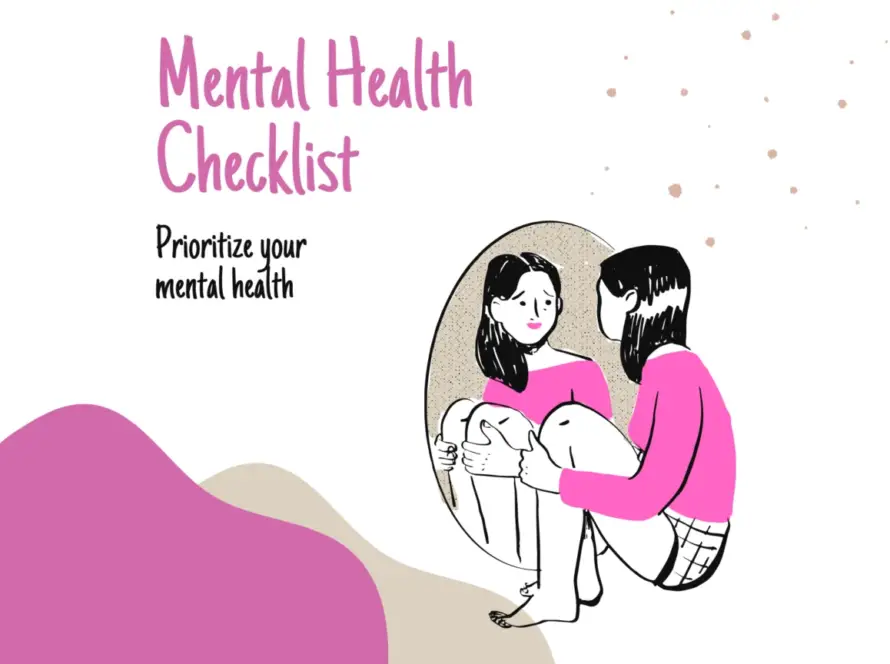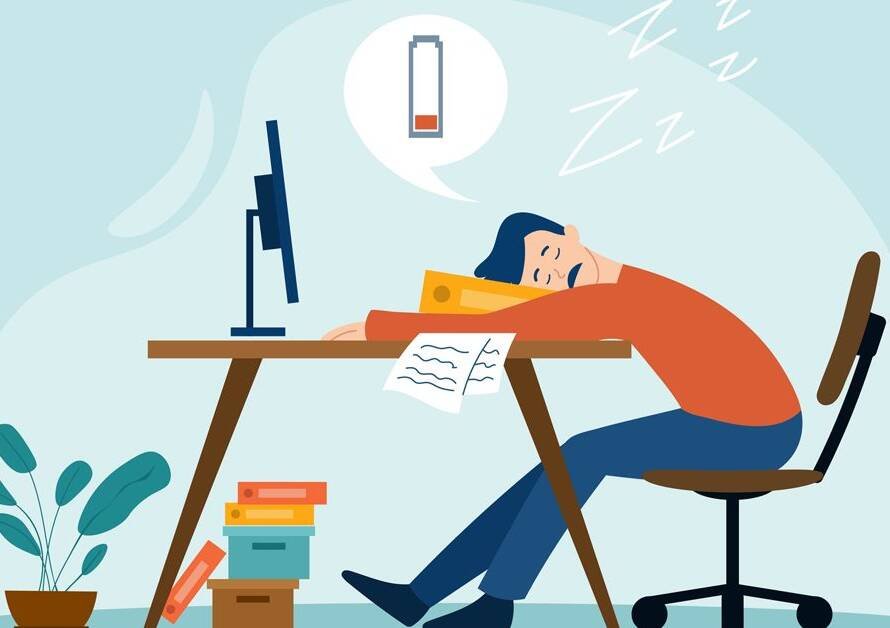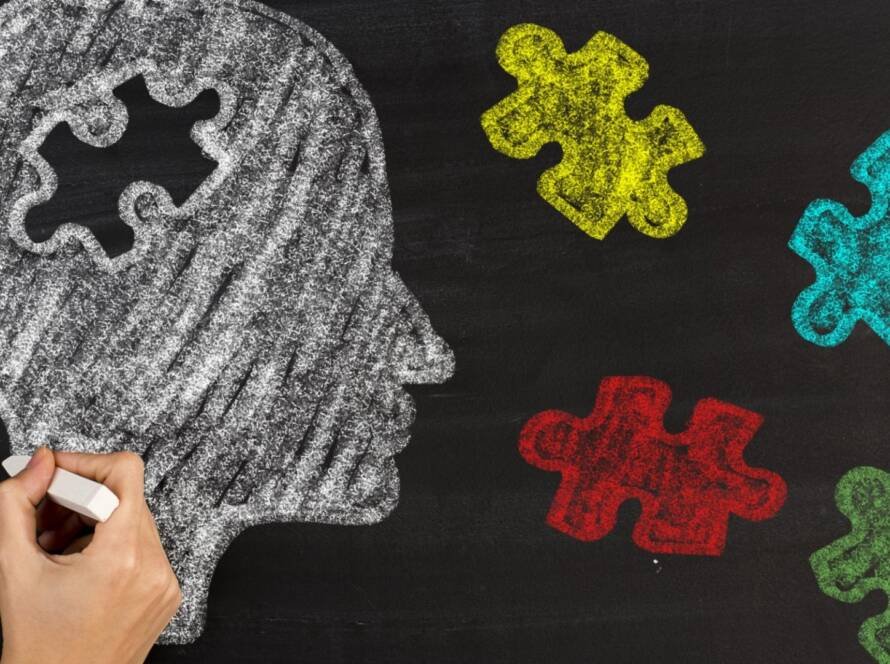“Quality sleep is the foundation of mental health; it’s during those restful hours that our minds heal, our stress diminishes, and we find the strength to face a new day with clarity and resilience.”
Why Prioritizing Sleep Is Crucial for Mental Wellness?
Have ever asked why a good sleep at night has the ability to change the total body disposition of an individual? Modern society and science conducted research which showed that sleep is very important for a person’s mental health. It is entirely possible that these two are interconnected, which means that understanding how your emotions influence the quality of your sleep and how sleep regulates your emotions. also it could be one of the secrets to optimizing your health and well-being.
The Critical Role of Sleep in Mental Health
Recent research shows that sleep is not only the period to rest the body but also a period important for the mental health of a person. High-quality sleep plays a crucial role in information processing of the daily events and appropriate regulation of emotions. If an individual lacks sufficient sleep, managing stress becomes harder, thinking abilities deteriorate, and mood swings or mental disorders may exacerbate. Lack of proper sleeping weakens several crucial assets, including intellect, learning, and memory.. in regard to this that even a small pressure appears overwhelming and alters your perception of reality.
How Sleep Deprivation Affects Mental Health Disorders
Sleep deprivation is more than an inconvenience—it’s a significant mental health concern. Research indicates that poor sleep can elevate the risk of developing mental health disorders such as anxiety, depression, and even suicidal ideation. Those with existing mental health issues may experience exacerbated symptoms due to chronic sleep problems. The good news? Improving your sleep quality can help manage and reduce these symptoms effectively.
How Much Sleep Do You Need for Optimal Health?
The recommended amount of sleep varies by age, but adults should aim for 7-9 hours per night, while teenagers need 8-10 hours, and older adults should get 7-8 hours. It’s not just about the duration—sleep quality is equally important. Your natural sleep patterns, whether you’re a “night owl” or an “early bird,” can influence how well you align your sleep schedule with daily life. Improving sleep quality and understanding your unique sleep needs can lead to better mental health and enhanced overall well-being. This Sleep Awareness Week, commit to better sleep practices and unlock the full benefits of a well-rested mind.
Follow us on our Channel: https://whatsapp.com/channel/0029Va9oA8mJuyALcQnCAm26:












